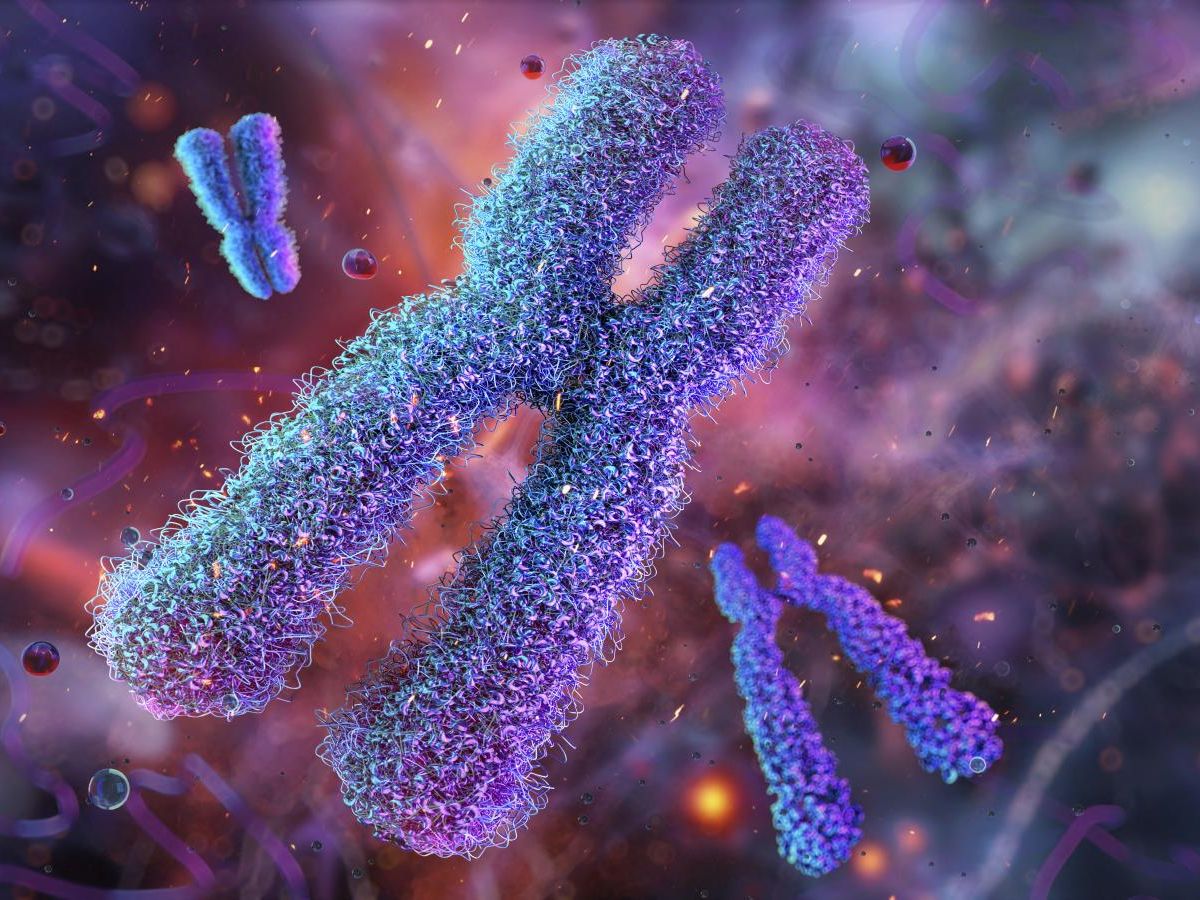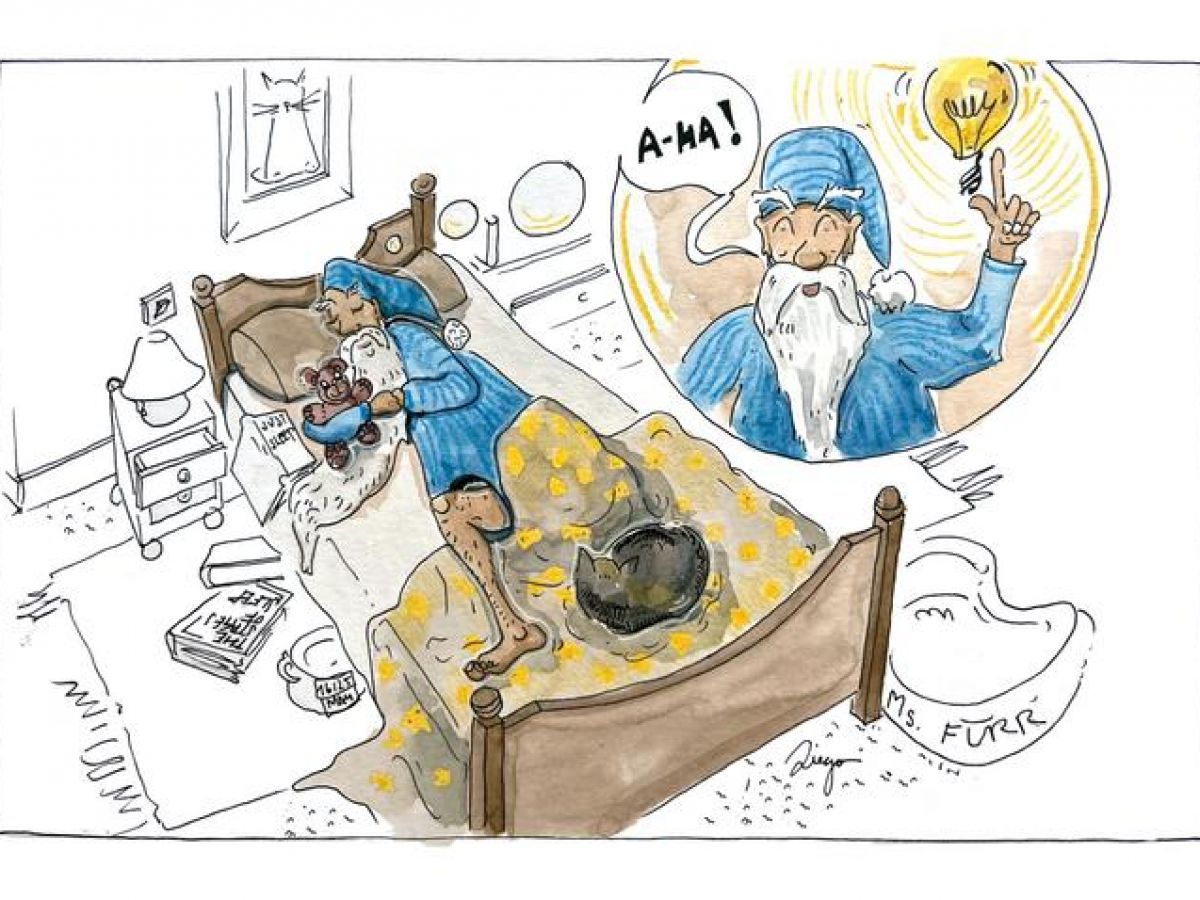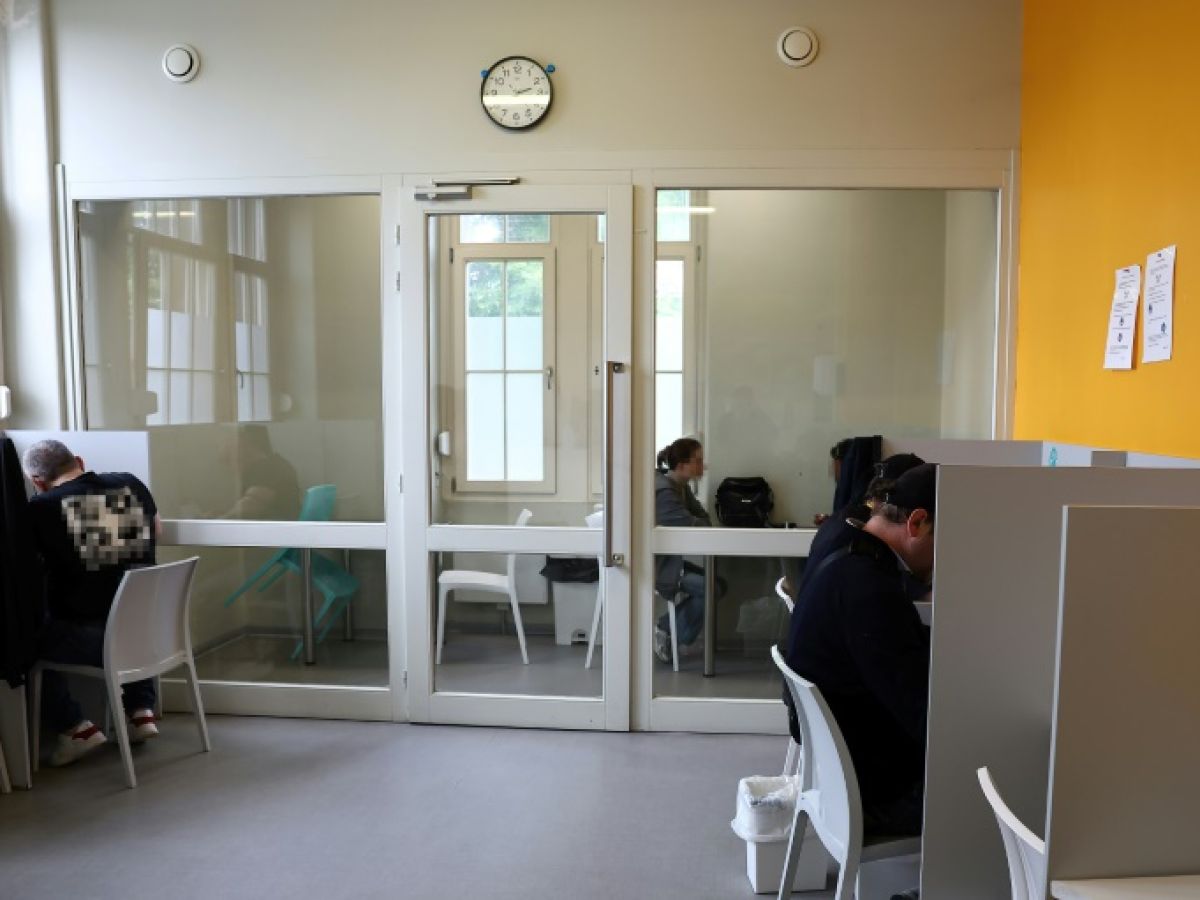Are we all born with an individual expiration date? We already know that life expectancy depends largely on our lifestyle:physical activity and a good nutrition can give us a few extra years of life, while cigarettes and alcohol take them away. But these factors, over which we have some power, would only be secondary.
According to a study published by researchers from the University of Adelaide (Australia) in the journal Nature Communications, the dice that determine each person's longevity are cast before birth. That is to say, one would have a more important role to play in the life expectancy of one's children than in one's own.
Telomere length at birth is not the same for everyone
L'biological age The lifespan of each person is determined in part by the length of their telomeres. These structures, made of non-coding DNA to which proteins attach, form like caps that protect the ends of chromosomes. With each cell division, these telomeres shrink, becoming shorter and shorter with age. And when they become too short to fulfill their protective function, the cell can no longer divide and is doomed to die. Their length at birth therefore determines how long cells can live, and therefore how old we can live in good health.
"CSome babies are born with shorter telomeres, which increases their risk of developing chronic diseases as we age, recalls in a press release Rebecca Robker, director of the study. For example, children of women with obesity or metabolic syndrome have shorter telomeres at birth. As adults, these individuals have an increased risk of mortality from cardiovascular disease, even if they are not obese themselves. »
Telomeres lengthen in the embryo
This difference in telomere length is thought to originate during embryonic development. After fertilization, the cell that will become the embryo has the same telomeres as the parents, which are therefore shortened according to their age at the time of conception. To prevent the future baby from ending up with the biological age of a thirty-year-old, the cell lengthens the telomeres to reset the counters to zero.
The study authors studied this telomere lengthening process in mouse embryos, both exposed and not to oxidative stress. This toxicity disrupted this process, leading to the production of shorter telomeres. And these stressed embryos were then less likely to survive after implantation in the uterus.
Oxidative stress hinders this lengthening
Upon closer examination, the researchers observed a dysfunction in the mitochondria, the energy factories of the embryo's cells. To better understand the role of mitochondria in this process, they gave female mice an inhibitor of these factories before mating with untreated males. The mitochondrial dysfunction thus caused had consequences on the telomere length of the resulting fetuses, particularly in the heart.
This defect in the telomeres of heart cells was observed even when the oocyte of the treated mother was used for insemination in vitro and then implanted into another healthy mouse. This shows that the health of the mother before fertilization already plays an important role in the development of the future embryo and its telomeres.This process is very dependent on signals from the mother's body, explains Yasmyn Winstanley, co-author of the study. Our results show that maternal health and environmental conditions at the time of conception can have long-term consequences.”
It is possible to improve this process with medication.
However, this is not inevitable, since it is possible to improve mitochondrial health and thus optimize telomere lengthening. The authors showed that certain drugs known for their positive influence on mitochondrial metabolism are also protective for the biological age of embryos. This is the case, for example, of the antidiabetic drug metformin, which prevented the telomere shortening observed in mouse embryos from obese mothers.
"This means that there are therapeutic opportunities to improve this process of telomere lengthening, which is crucial for the risk of chronic diseases," concludes Rebecca Robker. The die is cast before birth, but we can help them land on the right side.


